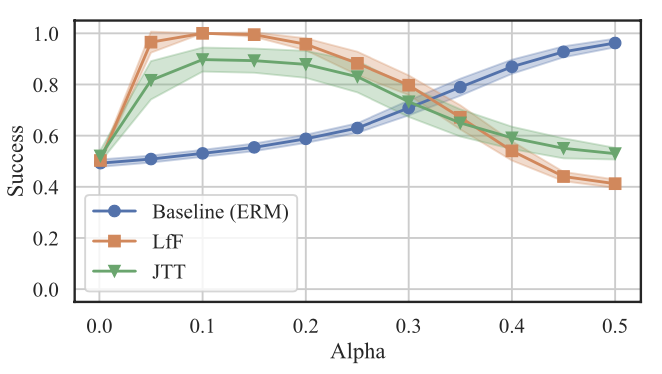Algorithmic Collective Action in Machine Learning

With the rapid increase in deployed machine learning models, a large number of firms rely on data contributed by users to train their algorithms. In response to this, consumers and users have searched for ways to alter their data to influence the outputs of such models. One example from recent years is falsely reporting traffic congestion to make navigation apps go around a specific neighborhood. Algorithmic collective action has emerged as a formal framework to study the effect that a coordinated group of individuals can have on such models, by altering the data they provide to the firm. This naturally leads to various technical questions regarding how large the collective needs to be, how effective different data altering strategies are, and which details about the firm's algorithm can be leveraged by the collective to achieve the best results. We are interested in further developing the theory for collective action and exploring the possible applications.
Our main theoretical work studies the power of collective action under more realistic learning settings. Unlike prior work that often assumes idealized conditions, such as Bayes-(sub-)optimal classifiers or infinite datasets, we consider more practical scenarios where firms deploy suboptimal classifiers, operate with finite data, and employ diverse learning algorithms. For instance, if a learning algorithms changes the weights of the training samples, it could significantly change the effective size of the collective and thus its statistical power. We solve these these settings through mathematical modeling and simulations.
In addition to the theoretical side of work, we are also looking into possible application of collective action. We want to show in what situations would users be incentivised to collaborate and perform collective action for the greater good. Collective action may be a useful tool to prevent biased learning algorithms, or secure privacy of users. Following this direction will answer in what cases such collective action would be possible and effective.